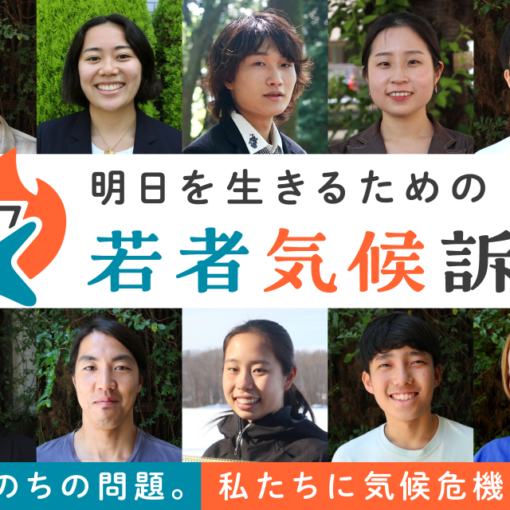This should have been the last of our reports from the UNFCCC negotiations in Doha, but it is now in the early hours of Saturday, December 8 and it appears that the negotiations are far from over. A message frequently repeated today was the need to create a “package” outcome, which no party may think was perfect, but which represented a fair and balanced compromise that all parties could agree to.
The closing plenary for both the Ad Hoc Working Group on Long-term Cooperative Action under the Convention (AWG-LCA) and the Ad Hoc Working Group on the Durban Platform for Enhanced Action (ADP) were held in the afternoon. Both working groups agreed on a text to be put to the Conference of the Parties (COP) of the UNFCCC to be finally decided upon. But while each group officially concluded its work and reached an “agreed” text, there were still many issues to be resolved. What the parties really agreed to was to move the discussions out of the ad hoc bodies, and to have the outstanding issues resolved by high-level talks cutting across the different proposed decisions and the various tracks of negotiation.
At the closing meeting of the AWG-LCA, the Chair, Mr. Aysar Tayeb, put forward a document for the meeting to agree to send to the COP. He quickly declared that the document was agreed to without objection, and then opened the floor for the parties to make closing statements. During those comments, many delegates noted that their country could not agree to the COP adopting the decision in its current form. Items of particular concern included:
- Finance: in particular, ensuring that the $100 billion of funding which was committed by developed countries to the Green Climate Fund materializes, that finance is delivered primarily from public sources, and that loans or credit facilities are not treated as a replacement for such financing.
- Technology transfer and intellectual property: concern was expressed by many countries that the current text did not do enough to ensure affordable access to technology for mitigation and adaptation. Several developing countries expressed their wish that the decision would ensure that intellectual property rights should not serve as a barrier to technology transfer. On the other hand, the US, Switzerland and the EU stated unequivocally that they could not even accept the current version of the text, which includes a reference to expanding technologies in the public domain, and insisted that the eventual outcome not undermine existing international treaties on intellectual property rights.
- International aviation and shipping: many parties stated that they could not accept the current language relating to sectoral approaches to transport emissions, which requires that reductions “should be pursued in a multilateral manner, working through the International Civil Aviation Organization and the International Maritime Organization.” The implication that these multilateral efforts could involve all parties, and not just Annex I Parties, appeared to be a major source of tension.
Other controversial issues were shared vision, response measures and the creation of new market mechanisms. The President of the COP, with the assistance of Ministers from Singapore and Germany, are undertaking consultations to try and reach an outcome that will be agreed to by the COP.
A different approach was taken in the closing plenary of the ADP, where the draft text was closer to being accepted by all parties. The co-chairs of the meeting put forward a draft decision, and allowed the parties to suggest amendments and changes to the text. Most changes proposed related to the choice of language.
After approximately three hours of debate, it became apparent that the ADP would not reach consensus on certain points. The co-chairs declared an agreement by consensus to refer the text to the COP to resolve the remaining questions, although China voiced an objection immediately after the gavel went down. After a few minutes spent with the co-chairs, China and the EU in a huddle at the front of the room discussing how to move on, the problem was resolved by a suggestion from Egypt to insert the words “enhanced action” in the relevant paragraph before it is sent to the COP. This seemed a fitting conclusion to the meeting, given that the mandate of the ADP is the Durban Platform for Enhanced Action.
Although no definitive outcomes on the contentious issues were reached in these closing meetings of the ad hoc working groups, both the parties and the UNFCCC leadership are confident that progress is being made. As the delegate from China observed in relation to the outcome of the AWG-LCA, the “draft text is, like the food in the [Qatar National Convention Centre], not that delicious, but at least it is offering us something to eat.”
At roughly 11:30pm on Friday evening, the COP meeting was opened. It is expected that the meeting will go well into Saturday (and possibly Sunday), and the details of the package that will be agreed are still unclear to most observers. At the beginning of the meeting, a video produced by “Sing for the Climate” was screened, showing hundreds of people singing that “we need to build a better future, and we need to start right now.” While most people in the room shared the sentiment of the video, it also seemed that the call to act “right now” may have been better coming at the beginning of these negotiations, rather than in the last hour of the last scheduled day of the talks.




